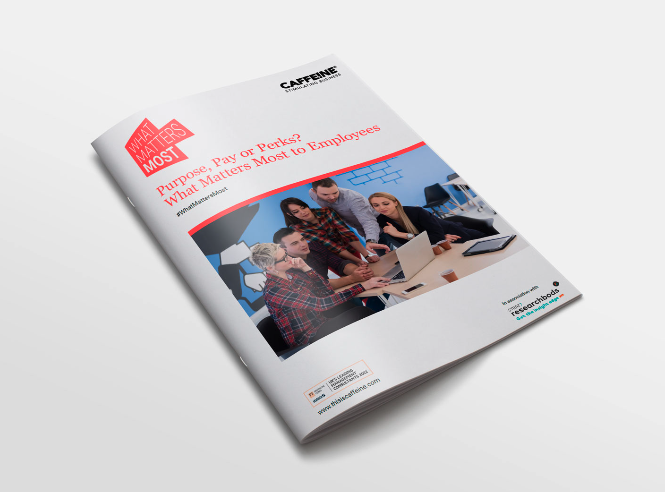23rd March 2023 will mark three years since the UK government mandated a nationwide lockdown. In the aftermath of this overnight, seismic shift, employees across industries reassessed their entire working lives. Combine a revolution in how and where we work with a cost-of-living crisis, economic uncertainty, new government leadership, and it’s clear why only one month in, 2023’s employee landscape is in chaos.
Throughout February, hundreds of thousands of workers will strike over disputes in pay and conditions. Alongside Royal Mail, whose owner recently said the latest wave of strikes has already cost the firm £200m, rail services, teachers, NHS nurses and ambulance drivers have all planned action that may continue into March. As Julia Hobsbawm, Author and Bloomberg Columnist puts it, we are living in a “period in time in the history of work which is nowhere near what it was and nowhere near the next phase, backed up by more data than you can shake a stick at that workers of the world, white collar and blue alike, are in a strange way uniting over wanting work to be fair, properly paid, and to have conditions which meet the moment.”
Only 30% of UK employees would actively recommend their employer
Looking to understand how employee expectations around work have changed since the pandemic, we commissioned an independent survey of 1000 UK employees, nationally representative of age, gender, region and company size. The ‘What Matters Most’ survey was designed to uncover what employees want and need from the companies they work for. The finding with arguably the biggest implication for UK employers is that only 30% of UK employees would actively recommend their company to others, with almost 50% indifferent or worse about the companies they work for. Our research revealed that on average, UK employees give their businesses a Net Promoter Score (NPS) of -3. Despite all their best efforts, most UK employers are failing to provide a workplace that their people would positively recommend to others.

As to what matters most to employees, when respondents were asked to rank several specific employer behaviours that were important to them, the one that outranked everything else was an ‘employer that takes care of its people’ (79%). When employees were asked which of a series of specific attributes mattered most at work, top of the list was ‘competitive pay’, again with 79%.
Misaligned priorities between employees and employers
So far, perhaps so unsurprising. But the dismally low NPS score proves there is a disconnect between what employees prioritise and the experience their employers deliver. Instead of connecting the dots between taking care of their people and providing competitive compensation, it seems employers may be wasting time, energy and crucial budget on things employees care less about. Right at the bottom of the list of things that matter to employees are a range of benefits and enhancements e.g., the ability to buy and sell holiday time (10%), or the provision of facilities like gyms (9%). Conversely, these kinds of perks have become ubiquitous among many leading employers. You only have to picture what it’s like to work in tech today and instantly images of ping-pong tables, snack bars and yoga memberships come to mind.
Businesses have clearly been working hard to provide these benefits to help build their employer brand in the ever-growing war for talent. While you can understand the thinking, it seems they might have done so without appreciating that employees often see them as relatively unimportant in comparison to the big motivators of fairness, trust and empowerment. When asked to force rank the list of factors, ‘competitive pay’ and a ‘safe environment’ continued to rank first and second but tied in equal third were the ‘opportunity for challenging and motivating work’ and ‘the opportunity for flexible working’ (44%). Pay and purpose, not perks.
Time to refocus
Fundamentally, all the duvet days in the world won’t make up for not being paid a decent wage or feeling stuck in a job without autonomy or purpose. It’s clear from how they have ranked all the factors that could matter to them, that UK employees would rather forgo benefits such as private health care or subsidised catering in favour of fair wages and a sense of pride in their work. Employers should spend less time worrying about a never-ending list of perks and more time thinking about what drives motivation and engagement. Only by listening to employees, understanding their needs and expectations, and designing the experience around them, can organisations attract and retain the people they so desperately need. As we have seen recently, failing to do so could come at a great cost.
A full report of the ‘What Matters Most’ survey with key findings, implications, and reasons to be cheerful, is available to download here.





